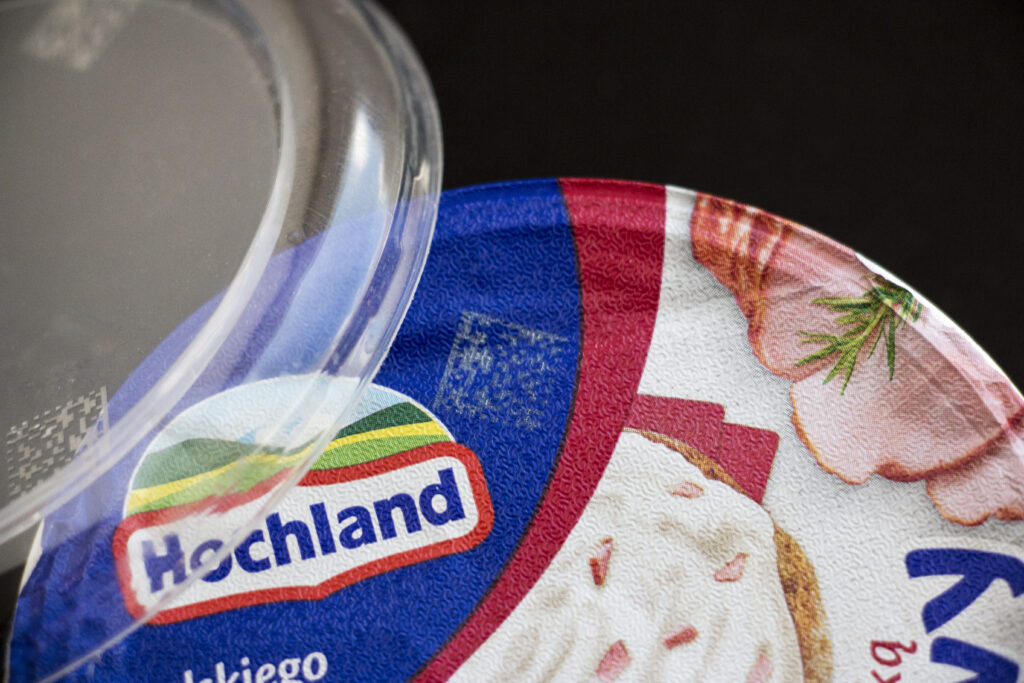- Types of machining: easy opening type, perforation, marking
- Machined materials: cardboard, foil
- Purpose of machining: easy opening, prolonging freshness, protection against external factors, identification of goods
- Adventages: high precision, high working speed, freedom of contouring, easy automation, contactless
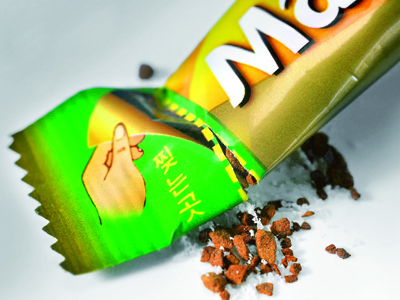
Marketing research shows that when choosing a product in a store, the customer is guided, among other things, by the appearance of the packaging. The more visually appealing it is, the higher the probability of buying a given product. From the manufacturer’s point of view, this factor plays a very important role and is considered to be one of the key requirements for packaging – on a par with such requirements as handiness, fitting to the article, ensuring safety during transport, easy opening or maintaining freshness provided by foil perforation. These expectations are fostering the popularization of laser technology as an alternative to traditional packaging manufacturing methods. After all, thanks to the high precision and focus of the laser beam, local weakening of the material can be easily carried out, making it easier to open the package, while drilling micro-holes ensures that packaged food stays fresh longer.
Openings
Modern packaging made of foil is a multi-layered construction, in which each layer performs a different function – from imparting rigidity, through tightness and resistance to accidental tearing, to resistance to external factors. On the other hand, in addition to the functional requirements of protecting the product, the possibility of easy opening must also be ensured, which is realized by locally reducing the strength of individual layers while maintaining the original properties of the packaging.
The use of laser technology allows easy, precise and fast modification of existing packaging by making a series of cuts in the carton or perforation of the protective foil, as well as partial melting of the protective material using the scribing method. One of the advantages of the laser is the ability to create any contour that constitutes the opening of the package, including continuous or dashed lines. Moreover, the ease of automation and integration into the production line means that the appropriate modification of the protection of the goods can be done before or after packaging.
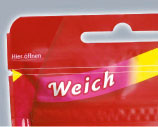
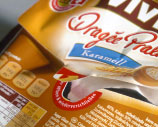
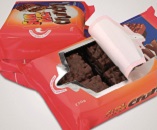
Foil perforation
The composition of food products, especially the content of antioxidants and modifiers, determines their shelf life. On the other hand, properly designed packaging also has a major impact on creating the right microclimate. It is what makes fresh vegetables, salads and prepared foods last longer, and thus can also be kept on the store shelf longer.
Foil perforation is used to create the ideal atmosphere and moisture for food packaging. Properly performed perforation allows effective control of the amount of oxygen supplied and the volume of gas during heating in the microwave. Thanks to the use of laser technology in this process, many micro-perforations of any shape and diameter can be made in a precise, repeatable manner in a short time.
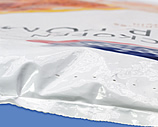
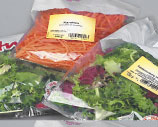
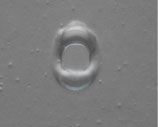
Marking
The packaging of food, cosmetic or drug products contains a lot of information, including the name, manufacturer’s logo, composition or bar code, which is applied during the printing process. However, the best-before date or batch/patch number are only applied at the end of the production process. Laser technology allows such data to be affixed quickly and without contact, so there is no unnecessary mechanical stress on the packaging, and the markings are permanent and clear. The use of scanning heads means that marking can be done on the fly, i.e. as products move along the production line – regardless of the material used (plastic, paper).
